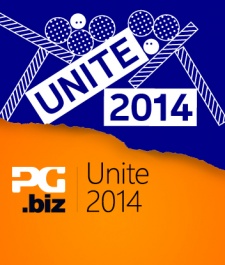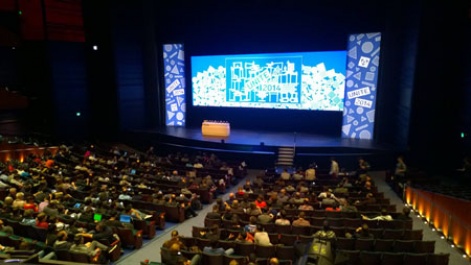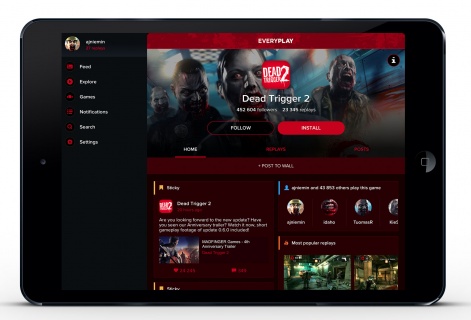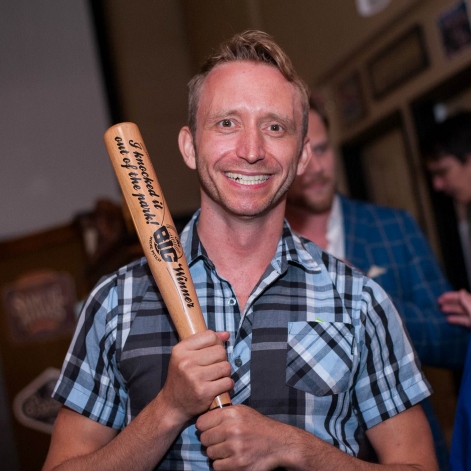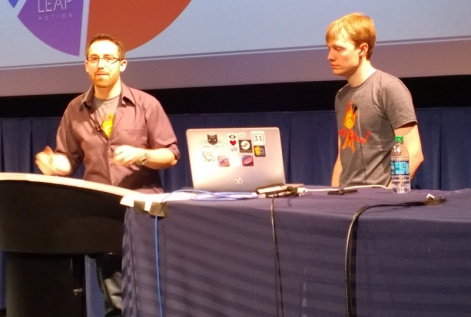Unity's choices of locations for its annual conference Unite over the last few years reads like stops on a glamorous world tour: as anyone who has attended any of the above will attest, the firm simply doesn't choose bad venues.
Seattle – the most recent port of call on Unity's sweep of global hotspots – was no different.
With the three day conference taking place underneath the gaze of the city's famous Space Needle there was an added glitz to this year's proceedings, though the typical warm nature of the conference itself remained in tact.
But why is that? Of all the trade events PocketGamer.biz attends, Unite is undoubtedly the one that attracts the largest body of hobbyists and enthusiasts, meaning this isn't just an excuse for developers to sell their games, services tout their businesses or suited up CEOs hobnob over overpriced fizzy wine.
Rather, Unite has all the passion of a consumer expo mixed up with the conviction and delivery of a trade
event.
So, aside from the fact that Starbucks tastes infinitely better the closer to its source you get – the all-conquering coffee chain undoubtedly Seattle's most notorious export – what did we learn from Unite 2014?
Click the button below to find out.
Click here to view the list »

